Georgian Parliament Races to Limit Opposition
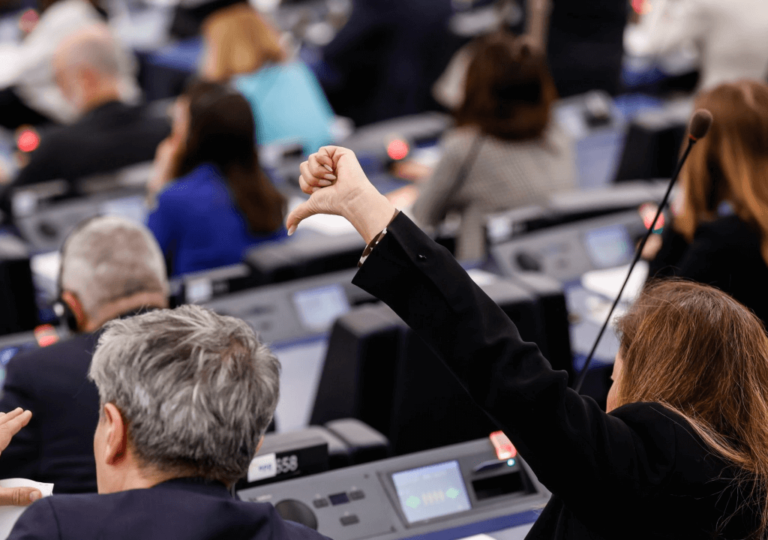
Georgia’s parliament is swiftly pushing through laws that restrict opposition powers, fueling concerns about the country’s democratic decline.

Georgia’s parliament is swiftly pushing through laws that restrict opposition powers, fueling concerns about the country’s democratic decline.
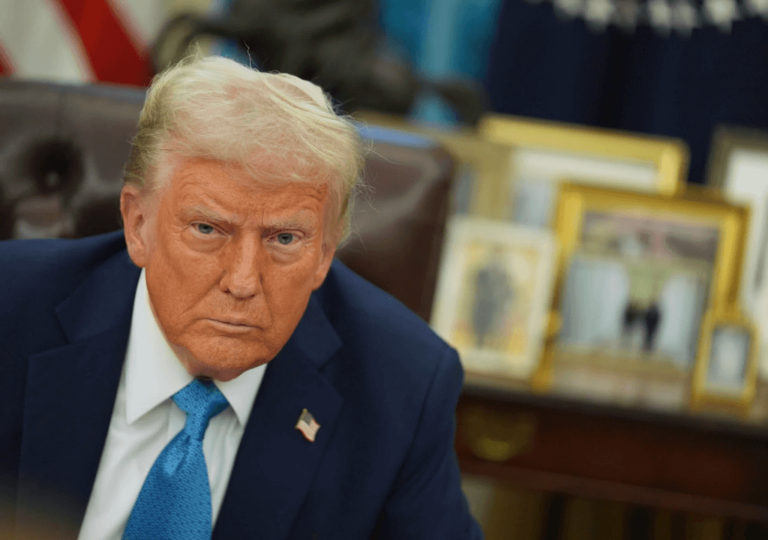
Trump imposes new tariffs on China, escalating trade tensions while signaling a tougher stance on economic policies
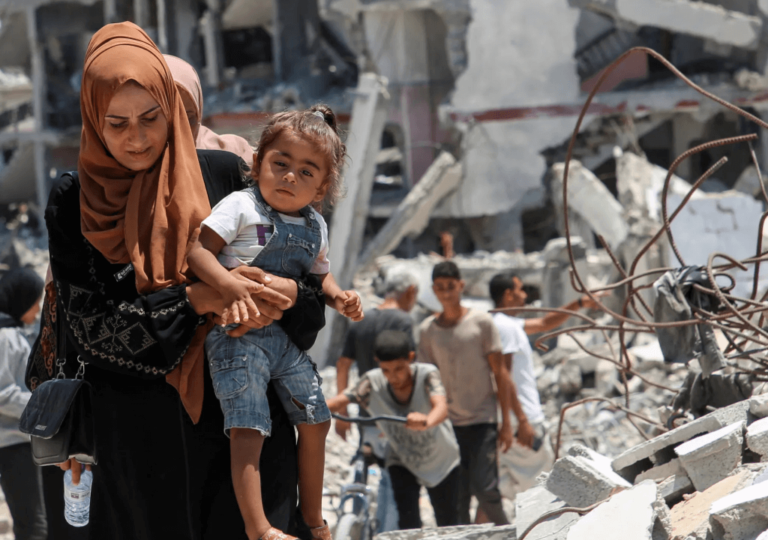
A fragile ceasefire has paused violence in Gaza, raising questions about future governance and humanitarian aid distribution

Sikhs have long sought political autonomy, leading to tensions over Khalistan amid rising nationalism in India

Kazakhstan's economy suffers as reliance on Russia deepens amid sanctions, leading to currency depreciation and rising inflation
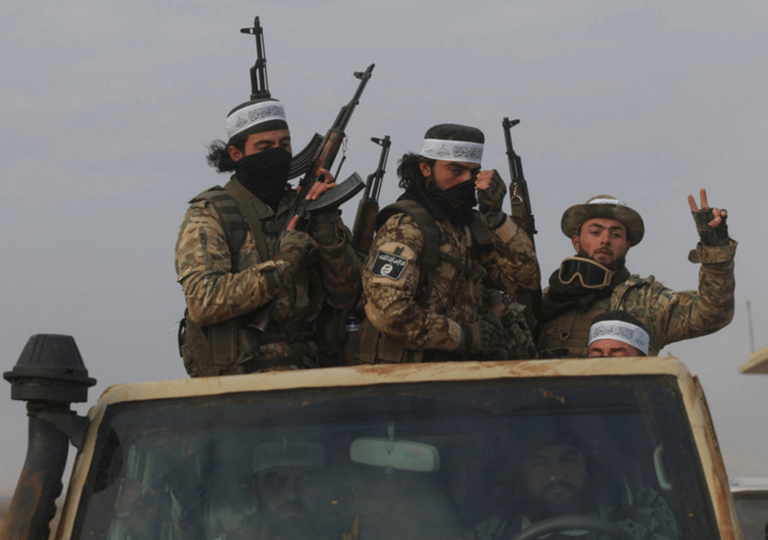
Syria's civil war continues, fueled by foreign interests and ongoing clashes among multiple factions, resulting in immense suffering
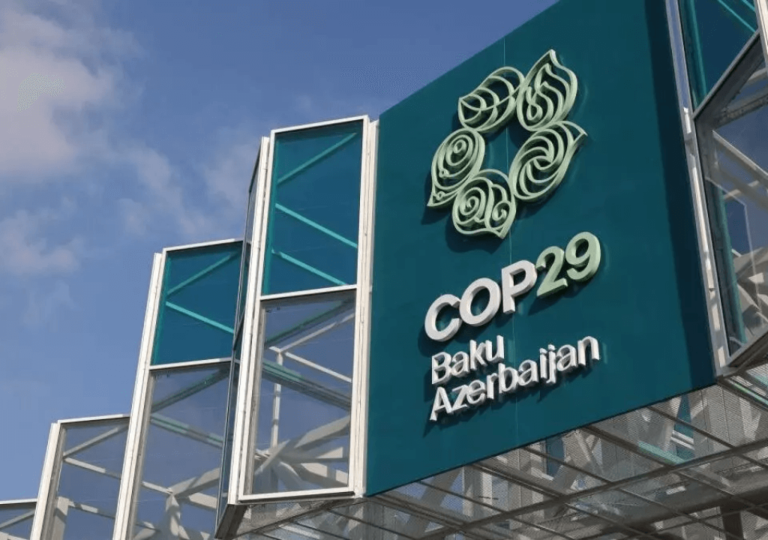
COP29 in Azerbaijan faced criticism for its focus on oil and lack of significant climate action
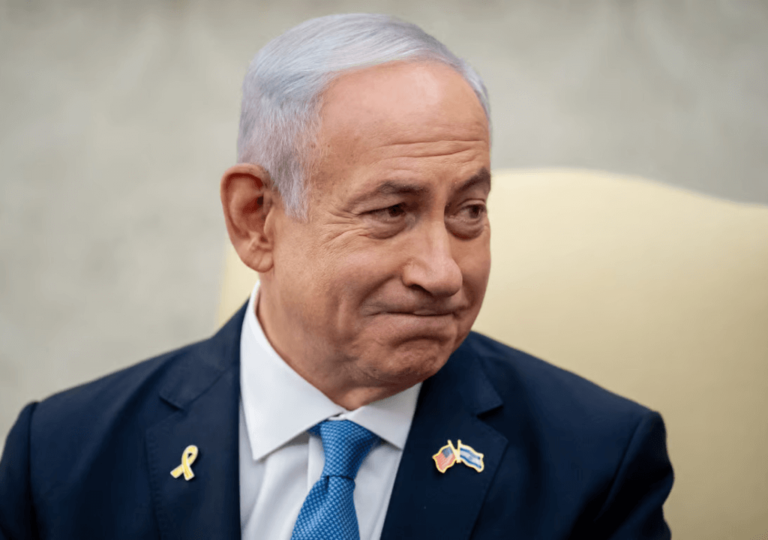
International Criminal Court issues arrest warrants for Netanyahu and Gallant over alleged war crimes and crimes against humanity in Gaza
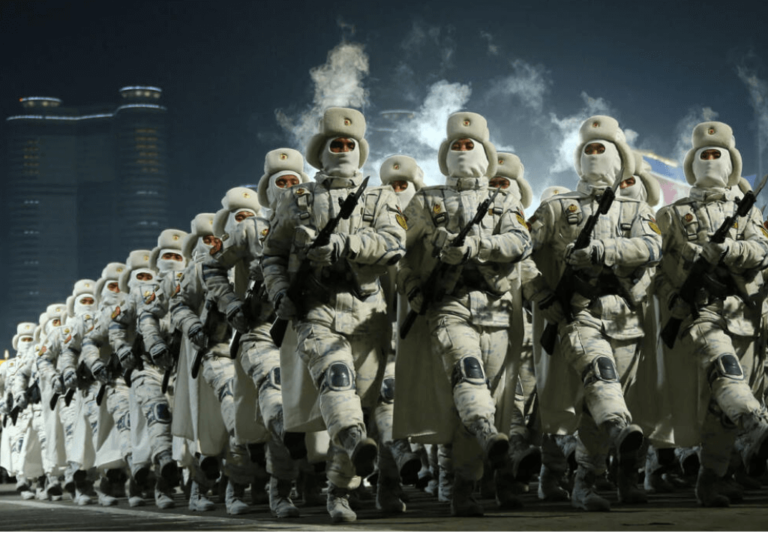
Russia's war in Ukraine has led to high casualties and recruitment challenges, now involving North Korean troops for support
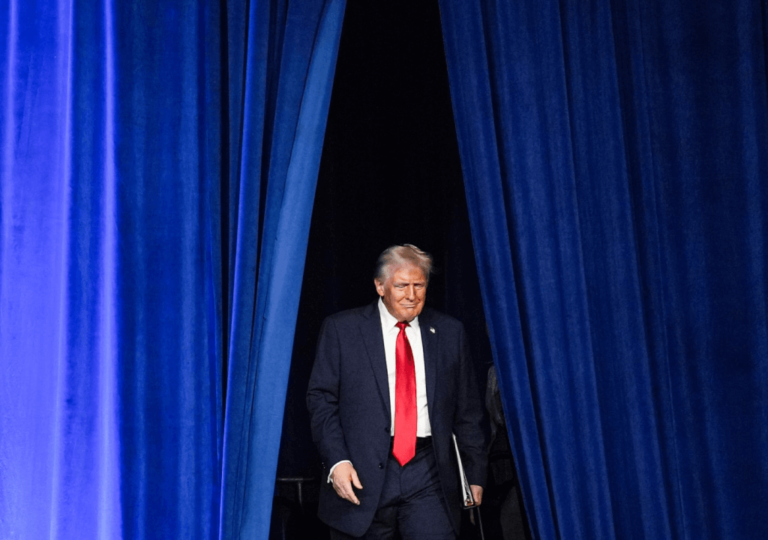
Donald Trump has been confirmed as the next U.S. president, defeating Kamala Harris in a historic election